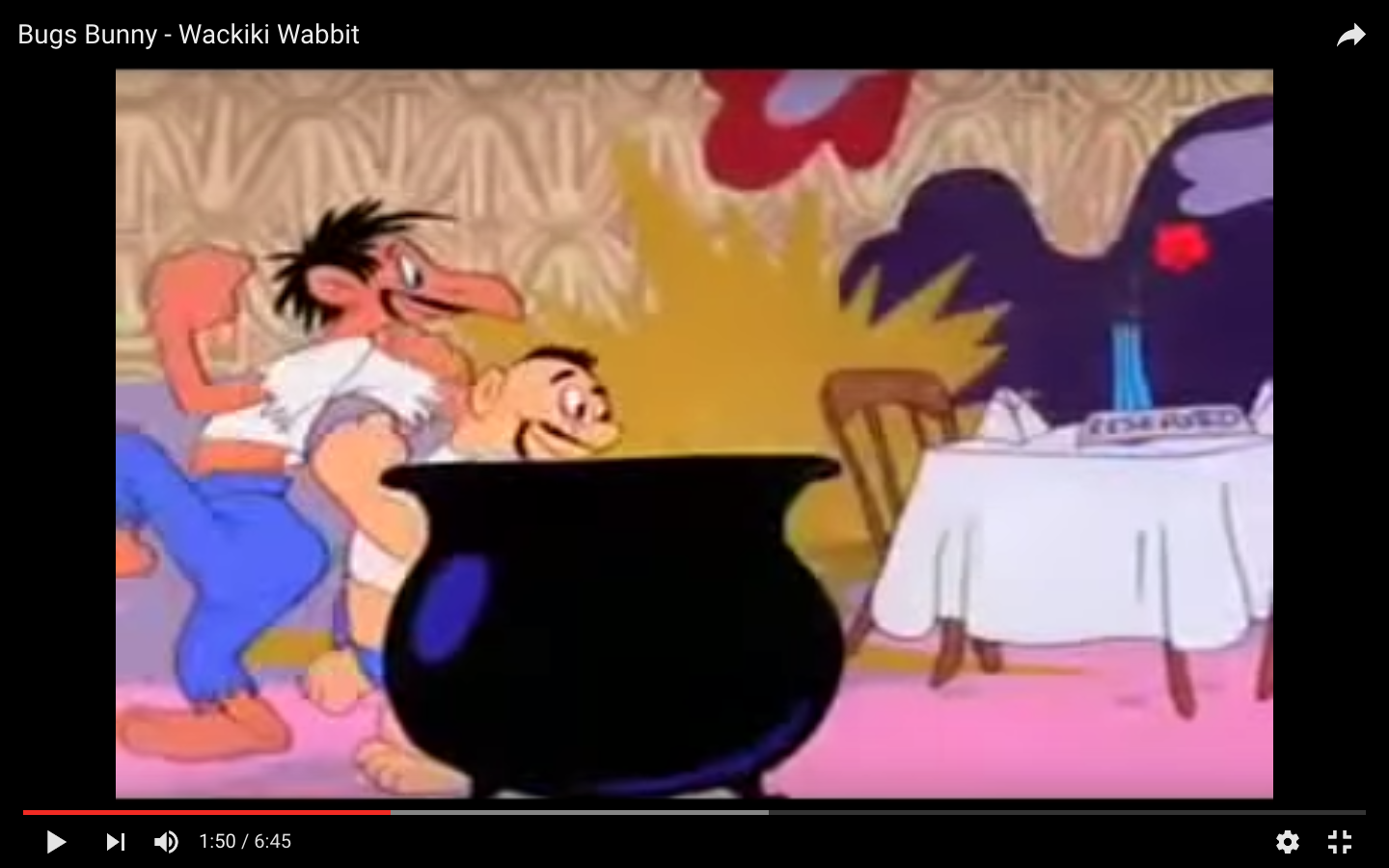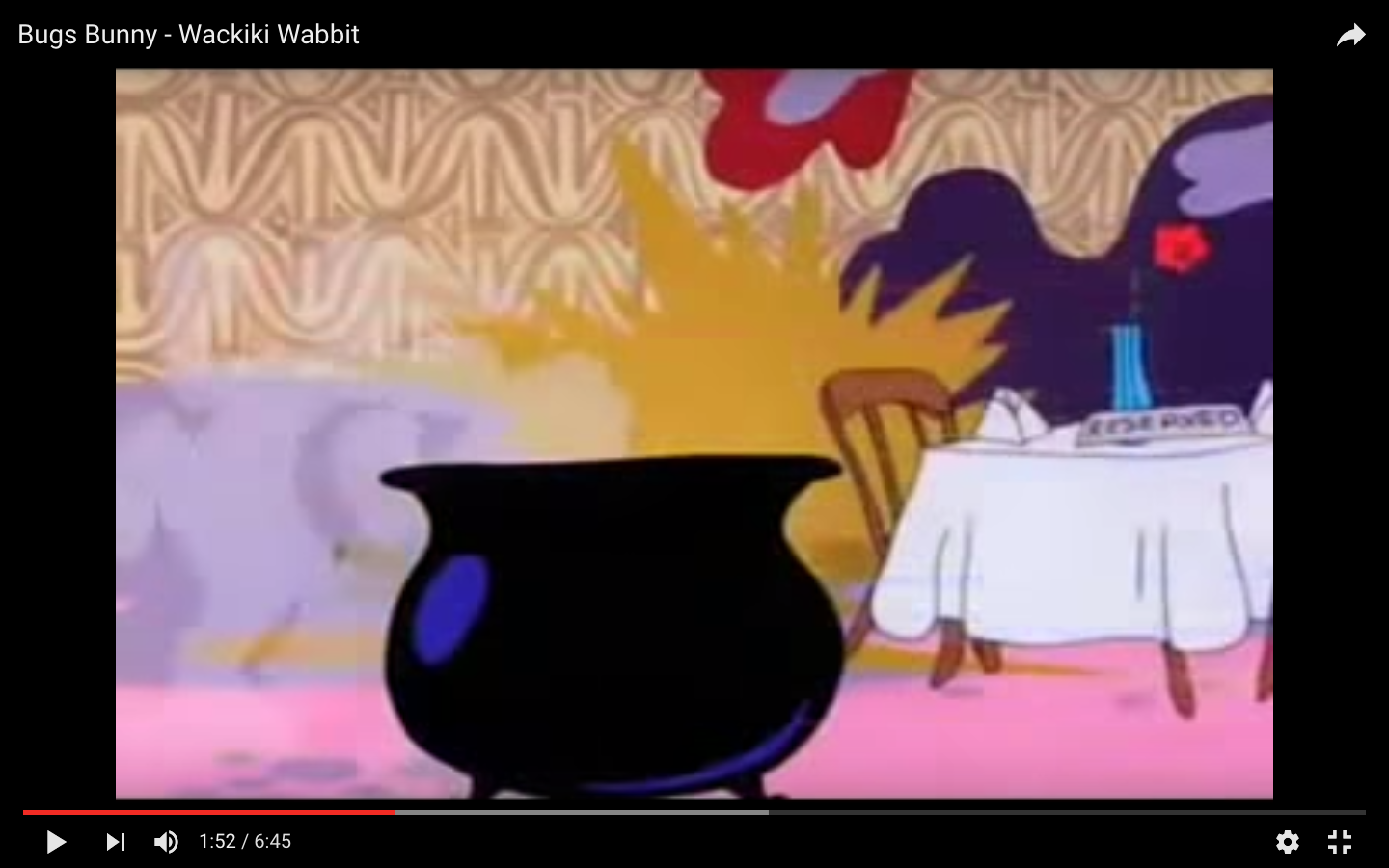A linguistic controversy is raging in the US, with arguments taking place on the news, on Facebook and Twitter, and at uncomfortable family dinners across the country. I'm talking, of course, about the interpretation of the statement "Black Lives Matter," and various responses to it -- "all lives matter," "blue lives matter," and even the more aggressive "black lives don't matter," that occasionally pops up in some recesses of the internet. I think that part of this controversy is purely social, but part of it is linguistic in nature. I've been seeing well-meaning people talking at cross purposes, and I think it arises from a fundamental misunderstanding of starting assumptions. I'm going to make a linguistic claim, and then attempt to justify it. The claim:
Some confusion, and animosity, over the statements black lives matter and all lives matter comes from different interpretations of assumed Scalar Implicature and the context of the utterance.
Obviously, the first step in justifying this is explaining what the hell Scalar Implicature is. It's two words, and we'll start with the second.
Implicature:
Linguistics is traditionally divided into sub-fields, and the relevant ones here are Semantics (the study of meaning and how we use language to 'mean' things), and Pragmatics (the study of how we do things with language -- this covers everything from making promises, christening ships, and declaring all men born equal to sarcasm, irony, and shade). Implicature is a technical term used in both. Implicature was coined by H.P. Grice, and it refers to a way of communicating something without it being strictly entailed by what was said. It will be helpful to compare the two. Let's look at a sentence:
The entailments are ALL the logical things that 'fall out' from this sentence: Andre owns something. Andre owns three of something. Andre owns one dog. Andre owns two dogs. Andre owns three dogs. (There are also presuppositions: that there is a person named Andre, who is known to the listener, etc.).
In some instances, an utterance is straightfoward, and all that matters is the logical structure of the utterance and it's surface meaning. However, we sometimes use language in indirect ways to communicate something beyond the obvious surface meaning. Let's put that sentence in a context:
- [Tyrone]: Is Andre a cat person?
- [Erykah]: Andre owns three dogs.
Did you catch it? Erykah is basically saying no. But she's doing so with an utterance that isn't directly answering the question. Rather, Tyrone has to figure out that what Erykah is saying is relevant to his question. And this isn't just applicable for negation:
- [Tyrone]: Does Andre like dogs?
- [Erykah]: Andre owns three dogs!
Here it's an affirmation.
- [Tyrone]: Is Andre coming to the party tonight?
- [Erykah]: Andre owns three dogs...
Here, it's plausibly simultaneously an answer (no) and an explanation (he has to be home to walk his dogs).
Implicature is a way of using language to communicate something without stating it directly in your utterance.
An important element of implicature is that it is cancellable. This means you can explicitly amend what you said, which is not the case with entailment. So in the third example, the conversation could continue:
- [Tyrone]: So he's not coming?
- [Erykah]: No, he is. He'll just be a little late.
Note that you can't cancel entailment: Erykah can't then deny that Andre has three dogs, and claim that she never said that. But she can amend or cancel the implicature.
Great -- so what's scalar implicature? Well, the general idea is that a lot of things fall along a spectrum. For instance, <freezing, cold, cool, comfy, warm, hot, sweltering> are ordered with respect to one another. The idea is that when you specifically say something that falls on a scale, you are implicating everything below, and up to that thing, and simultaneously implicating nothing higher on the scale. An easy example is money. If I say:
- Congratulations, you've won five dollars!
You take that to mean that you've won all amounts up to and including five dollars (because those things are directly entailed!). But you don't take it to mean you've won twenty. However, this is purely implicature, and it can be cancelled:
- Congratulations, you've won five dollars! In fact, you've won twenty!
Similarly, if I say:
- I did half of my assigned reading.
...It implies I did up to and including half, but also implicates that I didn't do more. Again, this is cancellable.
- I did half of my assigned reading. In fact, I did two-thirds of it.
[EDIT: the same is true of the dog example above: it implicates that Andre has exactly three dogs and no more.] So let's think about implicature and entailment with some simple examples:
- Pinot Noir is a red wine
- Red wines are delicious
- wines are made from grapes
- grapes are fruit
As simple statements, there are couple of points to note. First, the obvious one: saying "Pinot Noir is a red wine" does not entail that Beaujolais is therefore not a red wine. Saying grapes are fruit does not entail that kiwis are not fruit.
Now for something more controversial. Saying:
...does not entail that other lives don't. Second, it is not saying that black lives matter more than other lives. Saying "Pinot Noir is a red wine" does not entail that it is inherently more red wine-y than Beaujolais although there are contexts where this interpretation -- via implicature -- could be valid:
The implicature is that Beaujolais is lacking some property that therefore makes it not really a red wine, or a defective one at best. Among the people I know who have good intentions, the reactions to Black Lives Matter and All Lives Matter seem to be about what kind of context you put these utterances into. So my black friends are all claiming:
- Black Lives Matter [too!]
...but some of my white friends are interpreting that as:
- Black Lives Matter [more than others/white lives/your life!]
- [Only] Black Lives Matter!
Already, there's a fundamental misunderstanding here, which is exacerbated by the response:
Often, I think they're trying to respond to a perceived "black lives matter more than others" with "all lives matter equally!" But it's missing the point because they're having two different conversations. More importantly, given the context -- black people being executed by agents of the state, with a complete disregard for due process -- and it's hard to understand why people leap immediately to the interpretation that there's a "[more]" there.
The way most people use it, there's a (silent) scalar implicature: Black Lives Matter [As Much As Others]. This does not make for a good chant, and is hard to fit on t-shirts, though. Note, though, that the most natural reading is not to assume "more than others," without a context that would suggest that implicature.
Perhaps most interesting to me is that people are having a reasonable conversation with normal use of pragmatics -- but backwards. That is, it would make sense if the order were:
- all lives matter!
- no, (just) black lives matter
- [angry grumbling]
But that's not what's happening. That's precisely backwards. BLM is not restricting which lives matter, they're focusing on precisely those that are not treated like they matter as much as others.
Unfortunately, some people, often those who have limited real life contact with black folks, are taking the statement "black lives matter" to be restricting the class of lives that matter. That is, they're interpreting it as:
- In the set of all lives, black lives, and only black lives, matter.
Even more unfortunately, the most natural interpretation of the response "All Lives Matter" is that it is dismissive. If I really, really liked the movie Ferris Beuhler's Day Off and I have the following conversation:
- Ferris Beuhler's Day Off was a fun movie!
- All movies are fun.
It would seem like my interlocutor was challenging what I was saying. They're saying, in effect, it was not particularly fun. They might even be implying I'm silly for getting so excited about it, or I have bad taste in films, or that I should shut up about movies and read a book for once.
Ultimately, I think the response "All Lives Matter" comes from assuming a different focus for scalar implicature:
- Black Lives Matter [as much as others], versus:
- Black Lives matter (and by implicature, not White ones or Asian ones.)
The reasons for these differing starting assumptions, are, of course, not linguistic. If you believe that affirmative action is just black folks "getting one over" on white America, as roughly 30% of Americans do, or you think that black people receive more government services like food stamps than other groups (they don't), then you may think that the implicature in "Black Lives Matter" is that "[only] black lives matter" or "black lives matter [more than others]." If you are outraged at police brutality against black people in particular, and your context for the statement is 400 years of state sanctioned violence against black people, then you may be more inclined to interpret the statement as "black lives matter [as much as any other, damn it]." And of course, if you think that it's "[only] black lives matter," and you're a cop who isn't black, then you may reflexively respond "Blue lives matter" assuming an implicit "too," at the end, and maybe even feeling like you've made it more inclusive.
When 3/4 of white Americans have friend groups that are 99% white, however, is anyone really surprised that what we've got here is a failure to communicate?



























